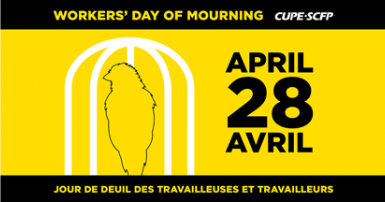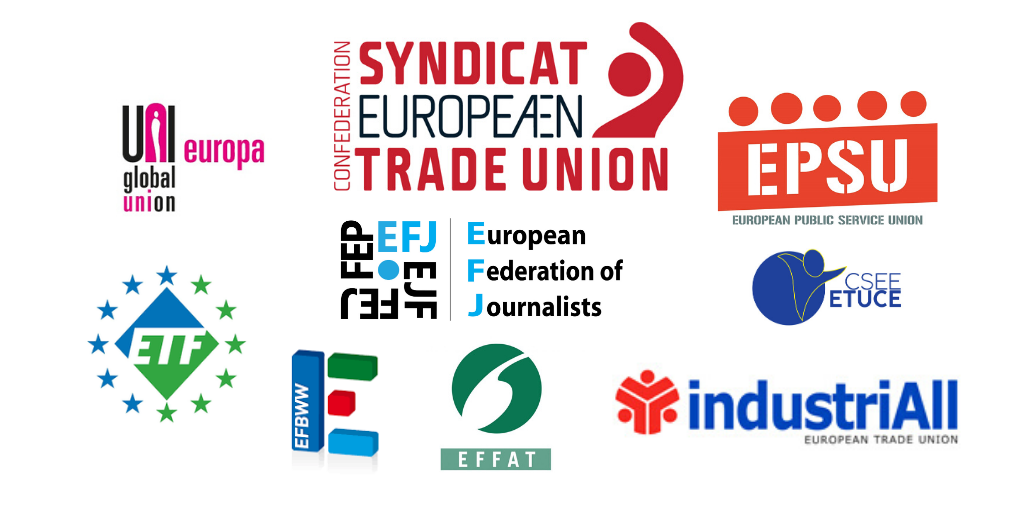Preparing for the return to work outside the home
Summary of recommendations
This TUC report, Preparing for the return to work outside the home: a trade union approach, sets out what we believe the government must do now to ensure a safe transition from lockdown, looking at how to safely return to work outside the home, the enforcement measures needed to protect workers, and how best to protect workers’ livelihoods.
- The government must ensure that workers’ mental health and wellbeing is prioritised alongside physical safety.
- The government must run a public information campaign to ensure working people can be confident that health and safety at work is a priority as they return to work.
- Every employer must carry out a specific Covid-19 risk assessment.
- Personal protective equipment (PPE) must be provided where necessary, and no-one should be asked to re-use PPE inappropriately.
- Government must provide specific advice and protection for those groups most at risk.
- The EHRC must ensure that the return to work strategy seeks to prevent this disproportionate impact and complies with the public sector equality duty.
- Unions should be consulted when the government prepares sector-specific guidance, and when employers seek to implement it.
- The Health and Safety Executive (HSE) must act quickly to sanction employers that do not risk-assess for Covid-19 or fail to provide safe working arrangements.
- The HSE must run a public information campaign to ensure workers know their rights.
- No worker should face a sanction for refusing to work in an unsafe workplace.
- Government must ensure the job retention scheme continues to protect jobs.
- Those who lose their jobs must be protected by a strengthened safety net.
- We need decent sick pay for all
- Government must ban zero-hours contracts, tackle false self-employment, and guarantee all workers day-one employment rights.


